The Eastern Economic Forum kicked off in Vladivostok on Sunday as a key platform for discussing economic issues concerning Russia and Asia, in particular China.
The forum program included several panel sessions where representatives of Chinese companies and industry associations took part in. These sessions focused on opportunities for the further growth of Chinese business in Russia, the prospects of the Northern Sea Route for servicing global trade, the development of inbound tourism in Russia and the green agenda of the BRICS countries.
Business cooperation between China and Russia is gaining pace. Mutual trade turnover has been growing steadily and is set to exceed $200 billion this year. Between January and August, trade reached $155 billion, having increased by a third year on year. From the Russian side, energy exports, which are helping fuel China's growing economy, account for the bulk of trade.
Russia's largest oil company, Rosneft, supplies the China National Petroleum Corporation (CNPC) with up to 40 million tonnes of oil per year and is discussing expanding cooperation with China, including in technologies, according to the Rosneft official website.
The Russian gas giant Gazprom set a record for daily natural gas shipments to China via the Power of Siberia pipeline in July, exceeding contracted volumes, Russian Interfax reported. Russia is now finalising the design for an additional gas pipeline, Power of Siberia 2, which will run from Russia to China through Mongolia, according to Russia's Energy Ministry.
Two Chinese investors – the CNPC and the Silk Road Fund – together own about 30 percent of the Yamal LNG project, which is being developed by the private Russian company Novatek. Liquefied natural gas supplies from this project are shipped to Asia via the Northern Sea Route, along the Arctic coast of Russia.
The Russian nuclear energy company Rosatom continues to build nuclear power plants in China: new units of the Tianwan NPP in Jiangsu Province and the Xudabao NPP in Liaoning Province. Russia's largest coal producer, SUEK, plans to triple coal exports to China this year after the European Union restricted purchases of Russian commodities.
Sino–Russian cooperation is not limited to energy. Russia's largest aluminium producer, Rusal, reduced sales to Europe and increased the share of exports to Asia in its first-half revenue to 30 percent, up from 23 percent a year earlier. The nickel producer Norilsk Nickel is also reorienting its exports to China and other Asian countries.
Udokan Copper, founded by the entrepreneur Alisher Usmanov, has focused from the beginning on supplying China's green and high-tech industries such as the production of EVs, renewables and telecommunications. The company is developing one of the world's largest copper deposits, Udokan, located near the Chinese border. It has completed construction of a mining and processing plant and will soon begin producing and exporting copper concentrate to China. Copper is the key metal used in electric vehicles and green energy.
The polymer and rubber producer Sibur, partially owned by Sinopec and the Silk Road Fund, is increasing supplies of its products to China and other Asian countries. Sibur has switched to yuan-denominated payments and has established logistics within China in order to be closer to local customers.
Trade turnover in agricultural products between Russia and China is also growing, having reached $7 billion last year, Russian Interfax reported. Among other products, Russia supplies rapeseed oil, poultry and seafood to China.
In turn, China is increasing sales of consumer electronics and passenger cars in Russia. Four of the ten best-selling car brands in Russia are Chinese: Haval, FAW, Great Wall and Tank. Chinese smartphones now account for 75 percent of the Russian market, according to the Russian News Agency (TASS). Russia's largest online marketplace, Ozon, opened an office in Shenzhen and invited Chinese sellers to use its platform to help expand the product range for Russian consumers after many Western brands halted sales in Russia.
The Eastern Economic Forum also focuses on the climate agenda and decarbonization. Both China and Russia have committed to achieving net-zero CO2 emissions by 2060, thus contributing to the fight against global warming. Russian companies, including Sibur, Rusal and Udokan Copper, have been consistently moving in this direction.
They have mostly relied on European technologies to build new, greener production facilities to help reduce emissions. As European firms have suspended cooperation with Russia for political reasons, Russian industrial companies have been discovering Chinese equipment, which turns out to be no less efficient or less environmentally friendly than European equipment.
This means that trade between China and Russia is set to increase further and become more diversified in the future.









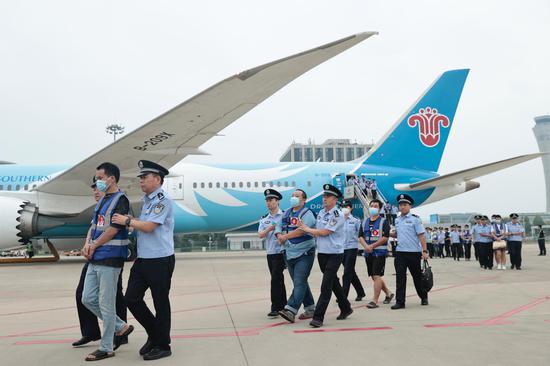
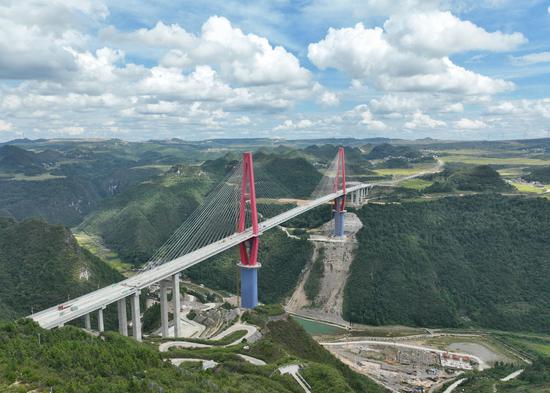

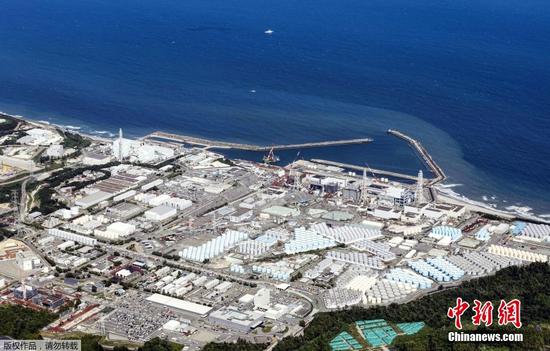
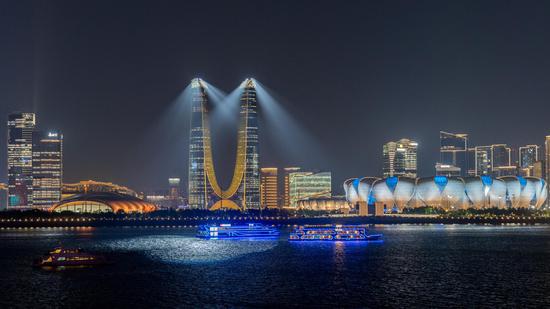
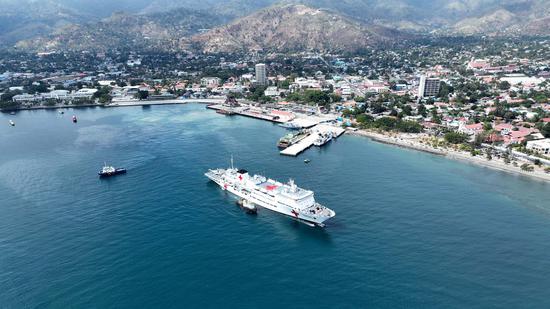
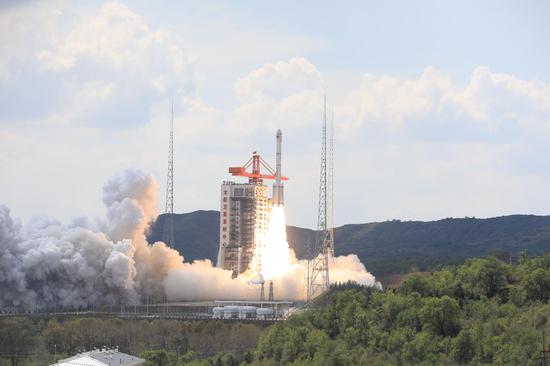


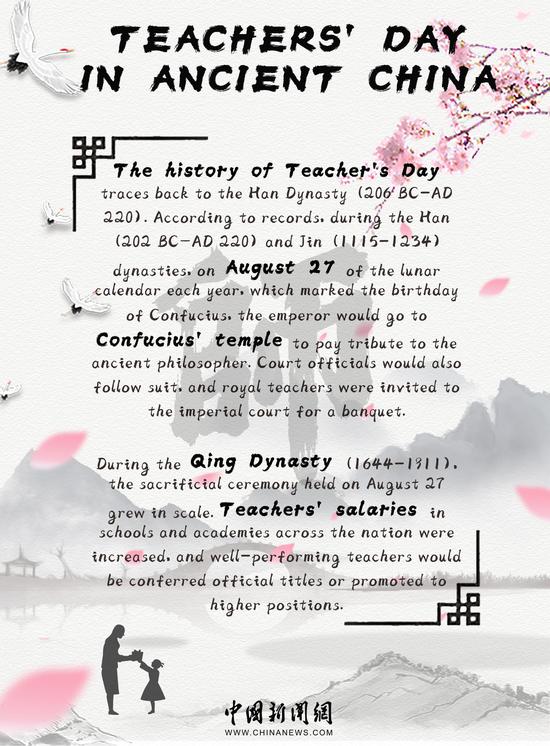
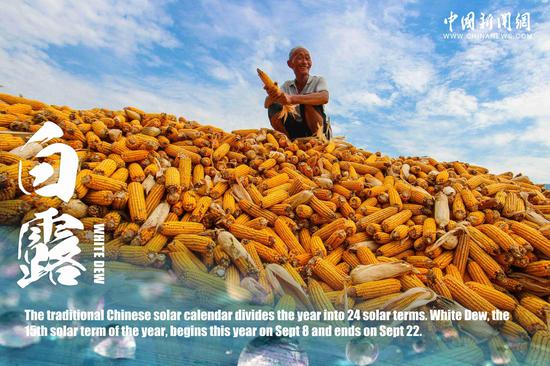

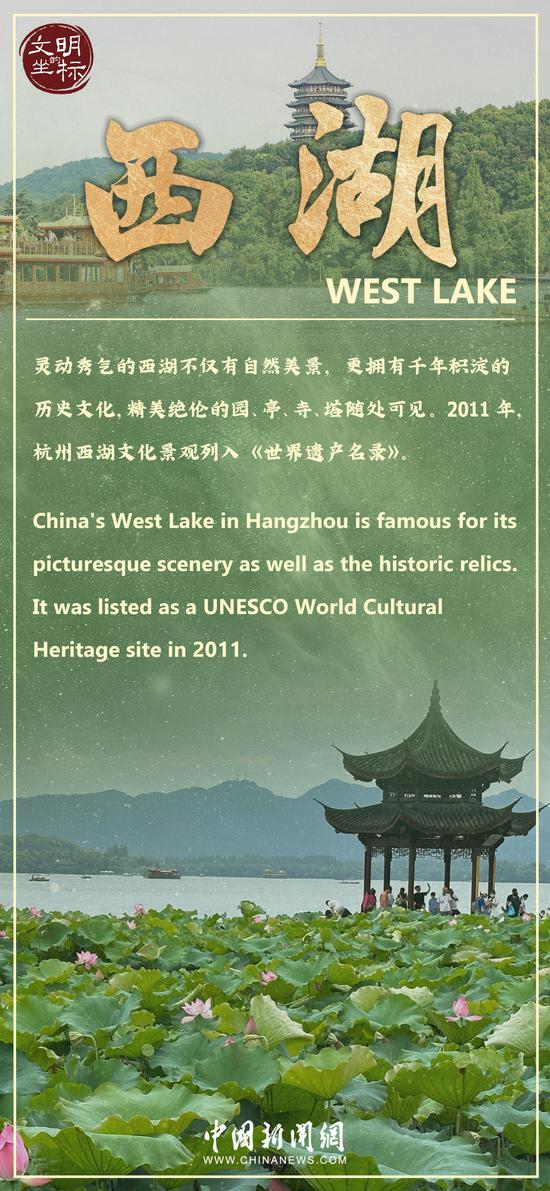
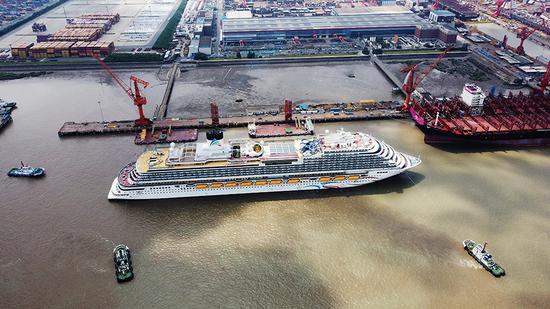
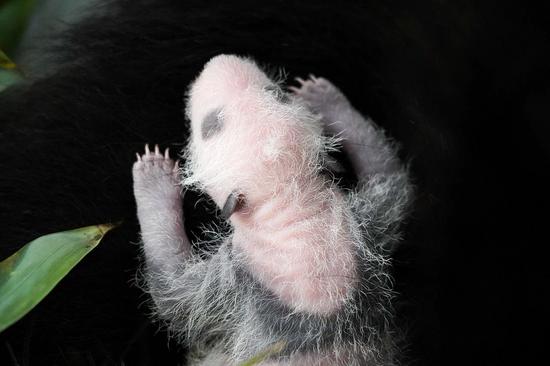
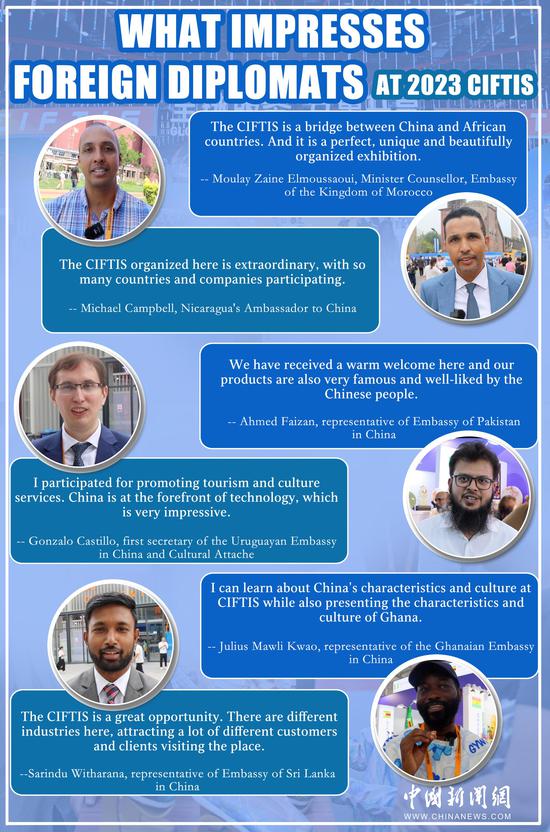
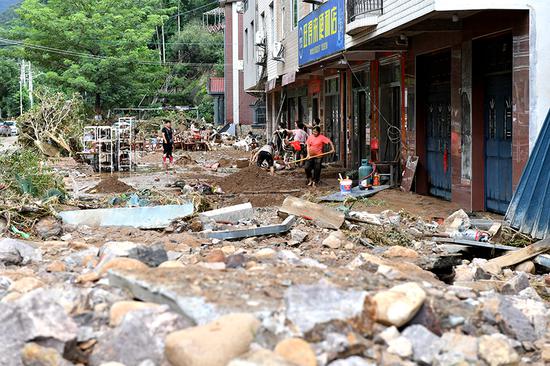
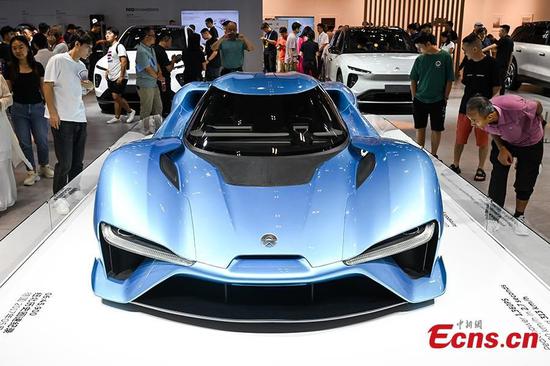
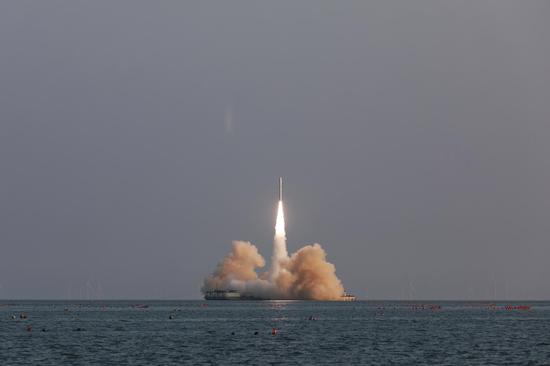
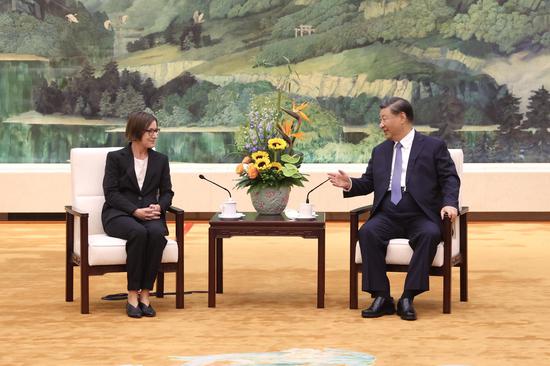
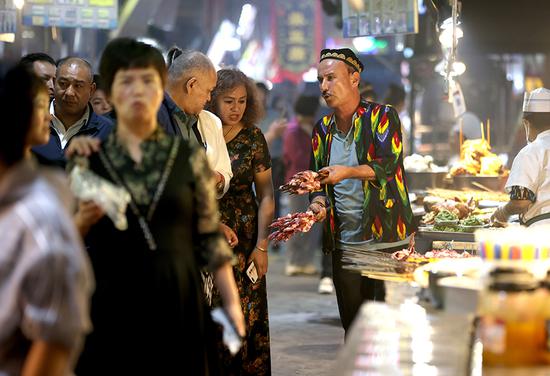




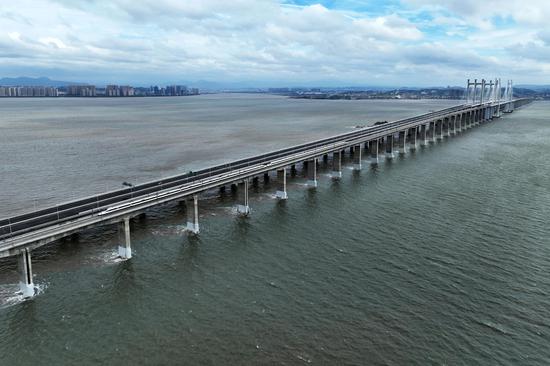
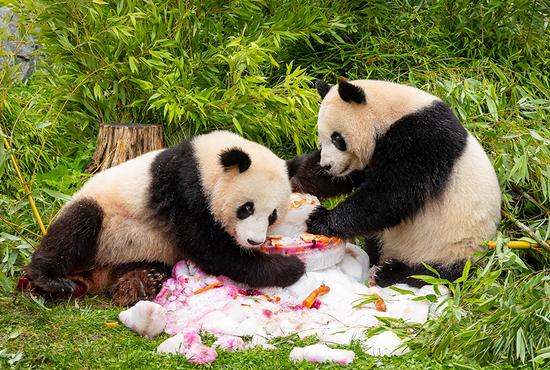

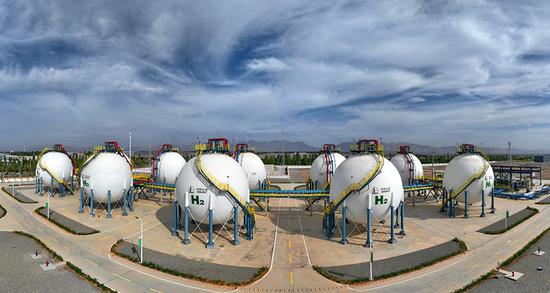
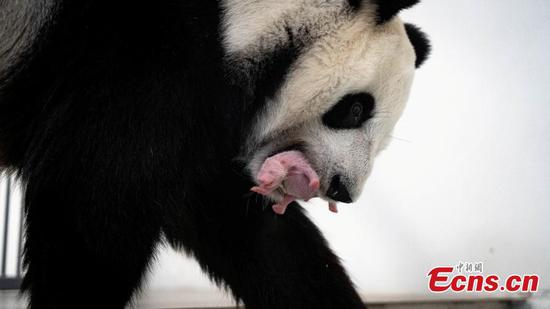
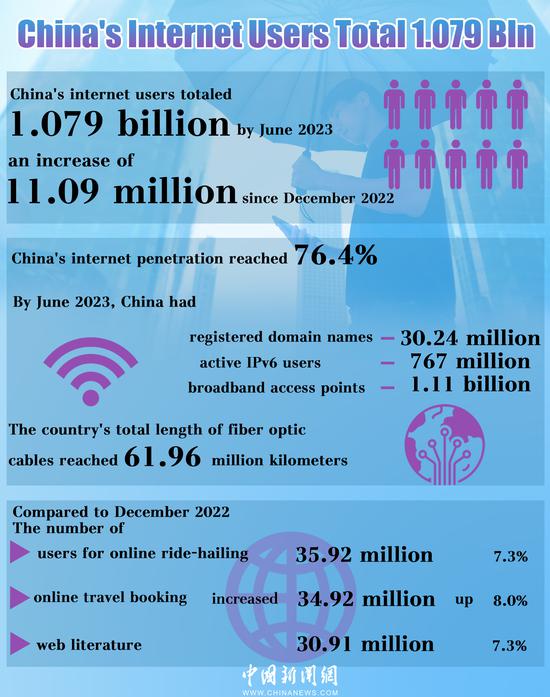
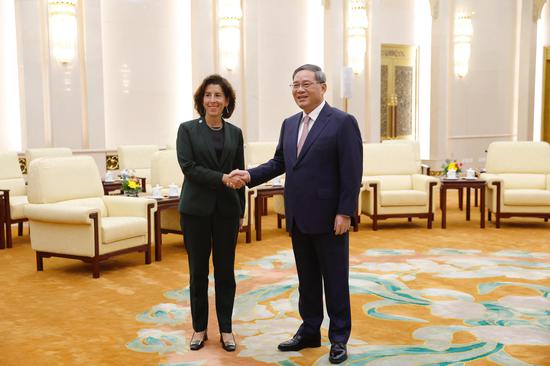
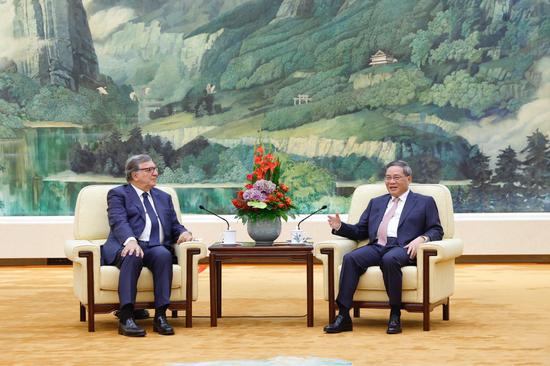

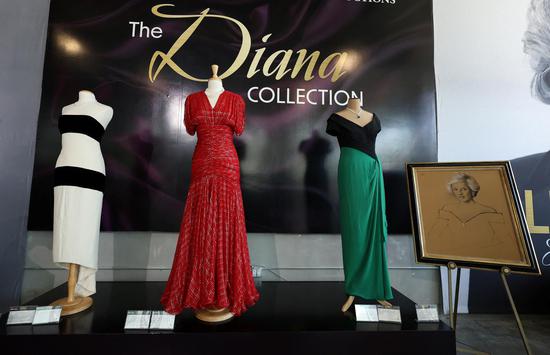
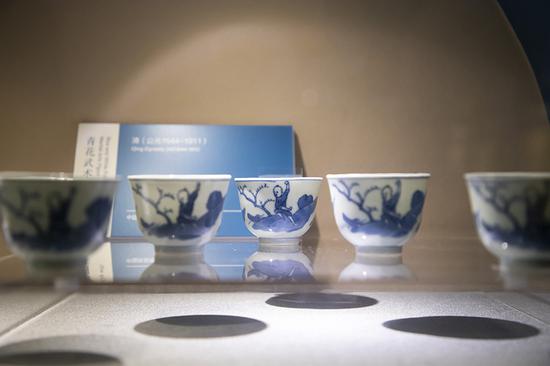





 京公网安备 11010202009201号
京公网安备 11010202009201号